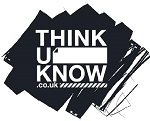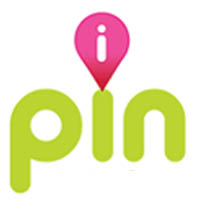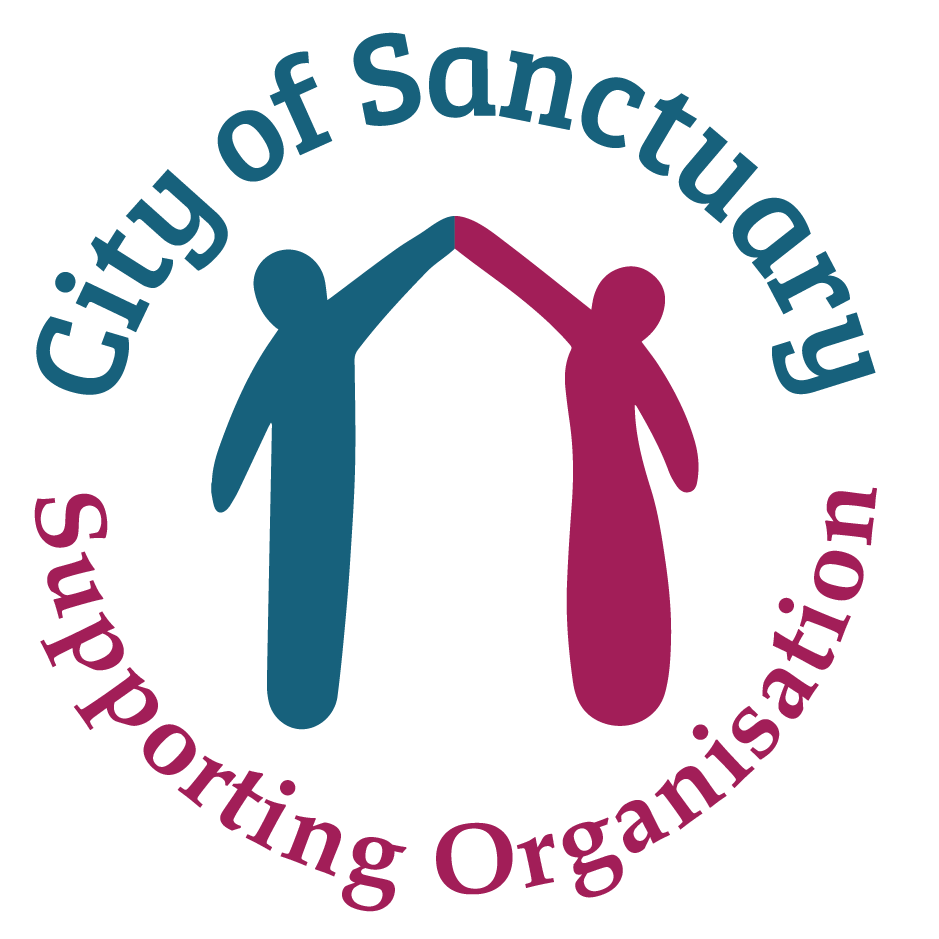At Newcomen Primary School we work with staff, pupils and parents / carers to create a school community which values the use of new technologies in enhancing learning, encourages responsible use of ICT and follows agreed policies to minimise potential online safety risks.
At home, sometimes children can be given unsupervised access to the Internet. This, potentially, allows them to gain access to social media sites where strangers can virtually enter into their homes.
As a result, it is essential that we all know how to stay safe online.
Our school community
- Discusses, monitors and reviews our online policy on a regular basis.
- Supports staff in the use of ICT as an essential tool for enhancing learning and in the embedding of online safety across the whole school curriculum.
- Ensures that pupils are aware, through e-safety education, of the potential e-safety risks associated with the use of ICT. Additionally, we ensure that all e-safety concerns are dealt with sensitively and effectively and that pupils feel able and safe to report incidents, in line with our online safety reporting procedures.
- Provides opportunities for parents/carers to receive online safety education and information to enable them to support their children in developing good e-safety behaviour. The school will report back to parents / carers regarding esafety concerns. Parents/carers in turn work with the school to uphold the online safety policy.
- Seeks to learn from online good practice elsewhere and utilises the support of the LA and relevant organisations.
Our Online Co-ordinator (Mr E Jones DHT) has gained EPICT and CEOP accreditations.
Filtering and Monitoring
What is filtering and monitoring?
Filtering systems block access to harmful websites and content. Monitoring systems identify when someone searches for or accesses certain types of harmful online content on school devices, identify who is searching for or accessing the harmful content and alerts the school about it so we can intervene and respond
Decision Making
- Governors and Leaders have ensured that our setting has age and ability appropriate filtering and monitoring in place to limit learners’ exposure to online risks.
- Governors and Leaders are aware of the need to prevent “over blocking” as that may unreasonably restrict what can be taught with regards to online activities and safeguarding.
- Changes to the filtering and monitoring approach will be risk assessed by the Leadership Team. All changes to the filtering policy are logged and recorded.
- The Leadership Team will ensure that regular checks are made to ensure that the filtering and monitoring methods are effective and appropriate.
- All members of staff are aware that they cannot rely on filtering and monitoring alone to safeguard learners. Effective classroom management and regular education about safe and responsible use is essential.
Filtering
- Education broadband connectivity is provided through Virgin Media Business.
- We use Meraki Firewall which blocks sites which can be categorised as: pornography, racial hatred, extremism, gaming and sites of an illegal nature. We also are aware of the filtering detecting other safeguarding issues, such as self-harm, serious violent crime or issues with county lines grooming.
- The filtering system blocks all sites on the Internet Watch Foundation (IWF) list.
- Content lists are regularly updated
- The school manages access to content across its systems for all users and on all devices using the schools internet provision. The filtering provided meets the standards defined in the DfE Filtering standards for schools and colleges
- All school devices are connected to a filtered feed. If a school device needs access to additional content, for instance to manage official social media, the filter settings for that device or user should be modified to allow access to that content once the Headteacher has been consulted.
- There are established and effective routes for users to report inappropriate content, recognising that no system can be 100% effective
- There is a clear process in place to deal with, and log, requests/approvals for filtering changes
- Any material believed to be illegal will be reported immediately to the appropriate agencies.
Monitoring
The school uses Senso Safeguard Cloud to monitor all network use across all its devices and services. We will appropriately monitor internet use on all setting owned or provided internet enabled devices. This is achieved by:
- Physical monitoring (supervision), monitoring internet and web access.
- Alerting e-mails are sent to the Headteacher who then takes appropriate action.
- If a concern is identified via monitoring approaches:
- Headteacher will respond in line with the Child Protection policy.
- All users will be informed that use of our systems can be monitored and that all monitoring will be in line with data protection, human rights and privacy legislation.
- There are effective protocols in place to report abuse/misuse. There is a clear process for prioritising response to alerts that require rapid safeguarding intervention.
- Management of serious safeguarding alerts is consistent with safeguarding policy and practice.
The school follows the UK Safer Internet Centre Appropriate Monitoring guidance and protects users and school systems through the use of the appropriate blend of strategies informed by the school’s risk assessment. These include:
- physical monitoring
- internet use is logged, regularly monitored and reviewed
- filtering logs are regularly analysed and breaches are reported to senior leaders
- pro-active alerts inform the school of breaches to the filtering policy, allowing effective intervention.
- school technical staff regularly monitor and record the activity of users on the school technical systems
- use of a third-party assisted monitoring service to review monitoring logs and report issues to Leadership Team
Here are links to useful websites where you can learn more about being safe on the Internet:
Information for Children:
http://www.thinkuknow.co.uk/5_7/
http://www.thinkuknow.co.uk/8_10/
http://www.bbc.co.uk/cbbc/topics/stay-safe
Information for Parents and Carers
- Think U Know – containing internet safety advice for those aged from 5 to 16, along with parents and teachers, this site is produced by CEOP (the Child Exploitation and Online Protection Centre).
- Vodafone Parents – Vodafone have lots of fantastic practical advice for parents. You can also read their ‘Digital Parenting’ magazine.
Internet Safety Zone – Look in the ‘Under 13s’ section for useful safety advice and information. - Kidsmart – An award-winning internet safety programme for children.
- Know IT All – lots of useful advice for keeping yourselves and your children safe on the Internet.
- Bullying UK – Information and advice about bullying for children, parents and schools.
- Kidscape – An organisation which helps to prevent bullying and child abuse.
- Childline – ChildLine is the free helpline for children and young people in the UK
- Parentzone – Provides expert information and resources to help make the internet work for families.
- Childnet – Advice and resources to help parents and carers keep children safe online.
- Internet Matters – Help for parents on how to keep their children safe online
- UKCCIS – The UK Council for Child Internet Safety’s website
- Net Aware – NSPCC advice for parents
- Commonsensemedia – Independent reviews, age ratings, & other information about all types of media for children and their parents
- https://simfinuk.com
Simon is a teacher, presenter and guide on online safety, safeguarding, digital citizenship and digital literacy, and a broad range of technology and learning related themes.
He is a regular conference speaker and trainer for Universities, Local Safeguarding Children Partnerships, Local Authorities, schools, public and private sector services, and charities.
If you have any concerns about online safety, please contact the school.
Acceptable Use Policies
Partner Websites




External Publications
- Advice_for_Parents_on_Cyberbullying
- POLIT leafletsmart_rules.jpg
- E-Safety Poster KS2
- E-Safety Poster KS1
- How to safeguard children from sexting
- Supporting-young-people-online factsheet
- Keeping-Under-Fives-Safe-Online factsheet
- Parents and Carers E-Safety factsheet
- Searching_screening_and_confiscation
- UK Council for Internet Safety
| Safeguarding Policies & Documents | Download |
| Behaviour Policy | Download |
| Child on Child Abuse Policy | Download |
| Child Protection Policy | Download |
| Online Safety Policy | Download |
| Radicalisation Policy | Download |
| Filtering and Monitoring | Download |





